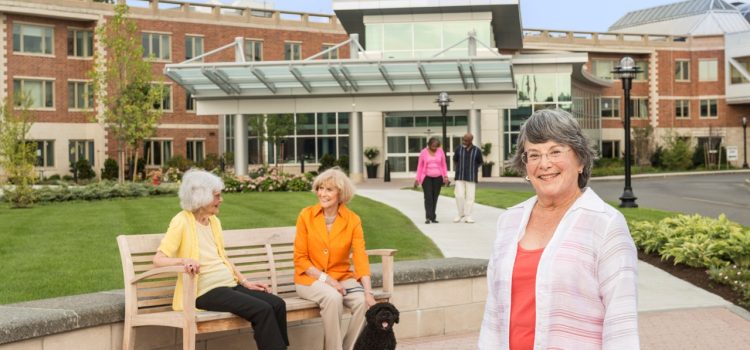
Meet Sarah Miller: A Passionate Voice for Senior Care
Sarah Miller, a veteran investigative journalist with over 15 years of experience, has dedicated her career to exposing social injustices. With a deep respect for our aging population, her focus on senior care issues has brought national attention to the hidden epidemic of violence within nursing homes.
The Shocking Reality: Violence Behind Closed Doors
Many envision senior homes as havens of peace and care. However, a disturbing truth lurks beneath the surface. Elder abuse, encompassing physical, emotional, and financial exploitation, is a widespread issue plaguing senior living facilities.
Understanding the Forms of Elder Abuse
| Type of Abuse | Description | Examples |
|---|---|---|
| Physical Abuse | Inflicting pain, injury, or restraint | Hitting, pushing, shoving, inappropriate use of medication |
| Emotional Abuse | Humiliation, threats, intimidation, isolation | Verbal abuse, name-calling, belittling, threats of eviction |
| Sexual Abuse | Any unwanted sexual contact or behavior | Non-consensual touching, groping, assault |
| Financial Exploitation | Misusing funds or property | Stealing money, forging checks, misusing credit cards |
| Neglect | Failure to provide basic needs | Withholding food, water, medication, ignoring medical needs |

Exposing the Root Causes: Why Does Abuse Happen?
Several factors contribute to elder abuse in senior homes:
- Staff Shortages: Understaffed facilities lead to overworked and stressed caregivers, increasing the risk of abuse.
- Lack of Training: Inadequate training on elder care protocols and de-escalation techniques leaves staff unprepared to handle difficult situations.
- Financial Pressures: Facilities prioritizing profit over quality care may cut corners on staffing and resources, creating an environment ripe for abuse.
- Social Isolation: Seniors with limited social connections become more vulnerable to abuse as they have fewer advocates.
Warning Signs: Recognizing When Your Loved One Needs Help
Pay close attention to these signs that your loved one might be experiencing abuse:
- Unexplained bruises, cuts, or injuries
- Withdrawal from social interaction
- Depression, anxiety, or fearfulness
- Hesitation to discuss life at the facility
- Sudden changes in spending habits
Taking Action: Strategies for Protecting Our Elders
- Regular Visits: Maintain frequent contact and observe your loved one’s demeanor and physical condition.
- Open Communication: Encourage your loved one to feel comfortable confiding in you about any concerns.
- Review Facility Records: Ask to see incident reports and investigate staff qualifications.
- Install Cameras (with Consent): Consider discreet cameras in the room with your loved one’s consent, only as a last resort.
- Report Abuse: Don’t hesitate to report suspected abuse to authorities and facility administrators.
A Call to Change: Advocating for Reform in Senior Care
Investigative journalists like Sarah Miller play a crucial role in exposing elder abuse and prompting reform. Policymakers must prioritize increased funding for senior care, mandatory staff training, and stricter regulations to ensure the safety and dignity of our elders.
Resources for Families and Investigative Journalists
- National Center on Elder Abuse
- The National Adult Protective Services Association
- Investigative Reporters & Editors
Conclusion
Senior abuse is a serious issue demanding our collective attention. By raising awareness, educating ourselves, and advocating for reform, we can create a safer environment for our cherished elders, ensuring their golden years are truly golden.










